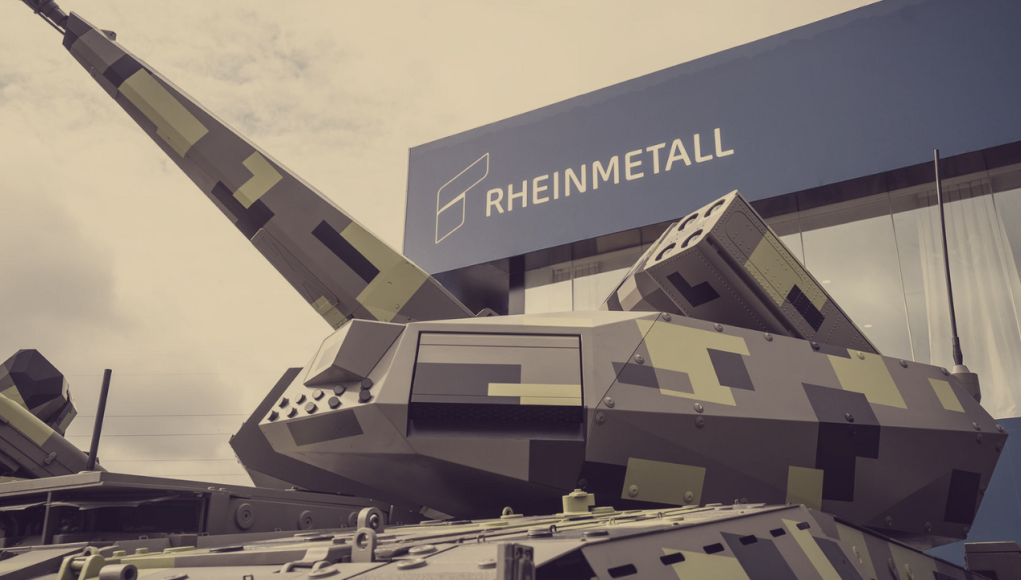According to the Russian newspaper Moskovskij Komsomolets, the German defense company Rheinmetall may have established a secret plant in Feketeardó, in Carpathian Ruthenia, just 12 kilometers from the Hungarian border, increasing the number of Russian missile targets. The original article’s author, Yelena Gamayun, believes that anyone who thinks the proximity of the European Union will prevent the Russians from destroying the alleged company is mistaken.
“The head of the German Rheinmetall defense company, Armin Papperger, has identified new targets for Russian missiles in Ukraine,” wrote the journalist, targeting the Hungarian-populated part of Carpathian Ruthenia, Feketeardó.
The Russian newspaper, serving Vladimir Putin’s presidency, recalled that Papperger boasted to the Ukrainian TSZN news agency in recent days that Rheinmetall had started its operations at its first Ukrainian defense plant, where they will start producing Lynx-type infantry fighting vehicles by the end of the year, and they plan to build three more weapon factories in Ukraine.
However, experts interviewed by Moskovskij Komsomolets consider the statements of the defense company’s leader to be mere empty talk, part of a PR campaign. For example, Alexander Perendzijev, a political analyst and associate professor at Plekhanov Russian University of Economics, believes Papperger’s statement is a lie and that there is a need for “money laundering.” According to the expert, the creation of strictly secret plants is not usually announced publicly but kept secret.
“Especially since they know the capabilities of the Russian Air Force. First, they steal the money, then they claim that something was allegedly produced somewhere, and if necessary, they announce that the Russians destroyed it, but they supposedly invested money there,” explained Perendzijev.
Lieutenant Colonel Roman Skurlatov, a military expert, in an interview with a Russian newspaper, contradicted Perendzijev by stating that the plant does exist, but it is hardly suitable for manufacturing combat vehicles. “However, it is capable of producing 155mm projectiles,” he emphasized. In his opinion, Papperger is currently carrying out more of a PR activity than actual production, and there is no mention of building three more plants.
The newspaper reminded that Rheinmetall’s CEO announced last July that he had reached an agreement with Volodymyr Zelensky to open defense plants in Ukraine. At that time, they promised to establish a company for the production and repair of military equipment in Western Ukraine within three months. Moskovskij Komsomolets reports that production has recently begun.
“In contrast to political analysts, Russia’s hero, Sergey Lipovoy, a major general in the Air Force, handled the information quite rationally and thanked Papperger for helping Russian intelligence,” the newspaper stated. The head of Rheinmetall did a very good thing: he helped our intelligence services, signaled that the plant is already operating. We just need to find out exactly where. This won’t take long,” the major general pointed out.
Dmitry Medvedev, the Russian deputy chairman of the Security Council, also expressed his eagerness for the “Russian greeting” at the German manufacturing plant. Dmitry Peskov, the Russian presidential spokesperson, stated that he believed the Rheinmetall German defense company’s plant in Ukraine was a legitimate military target for the Russian army. We are waiting for developments, and of course, we will report on them too! God bless the remaining Hungarian community in Carpathian Ruthenia!




